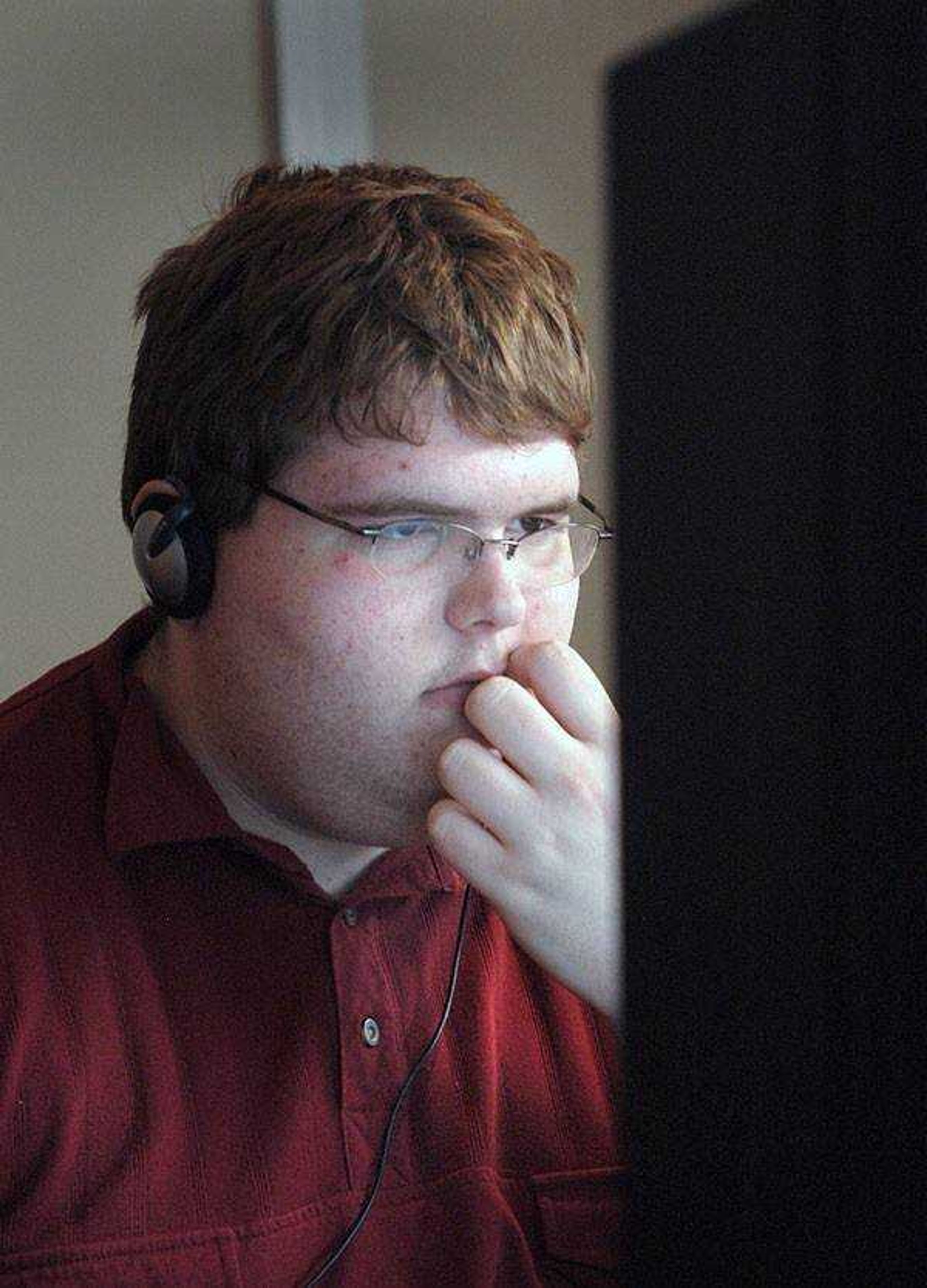Caught in the Net
Robert feels powerless over his abuse of the Internet. For years, he's spent countless hours in online chat rooms, searching for social interaction or a romantic interest. "The reality is that 99 percent of these online contacts never developed into real-life contacts," he recently wrote on an Internet addiction support group online forum...
Robert feels powerless over his abuse of the Internet.
For years, he's spent countless hours in online chat rooms, searching for social interaction or a romantic interest.
"The reality is that 99 percent of these online contacts never developed into real-life contacts," he recently wrote on an Internet addiction support group online forum.
Logging on turned into addictive cycle for Robert, an American living in Germany, and has "kept me from living a full, engaged life in the real present," he wrote.
According to a recent telephone-based study done by the Stanford University School of Medicine, at least one in eight Americans exhibited a possible sign of problematic Internet use. And a number of online Internet addiction support groups -- including the Yahoo forum where Robert is registered -- have surfaced all over the Internet.
Like other behavioral addictions, spending too much time online can damage a person's life, said Dr. Ken Callis, a licensed psychologist in Cape Girardeau.
"What we're looking at is how much it interferes with daily responsibilities," Callis said. "If someone wants to stay online and play games for hours and hours, does it interfere with their job? With their family? Are they able to carry out occupational duties?"

Callis has treated two patients for spending too much time online. One patient was a teen who was constantly in online chat rooms, communicating with friends. His parents said the boy spent too much time on the Internet and wasn't completing his homework or his daily chores.
The American Psychiatric Association has considered listing Internet addiction in the next edition of its diagnostic manual, but that has drawn some criticism, Callis said.
The Diagnostic and Statistical Manual of Mental Disorders lists all mental health disorders, known causes, prognosis and some research concerning treatment. The guide helps insurance agencies understand the needs of patients.
"If someone wanted treatment for Internet addiction, the insurance company could turn them down since it's not recognized in the manual, Callis said. "That's why there's somewhat of a controversy."
Barbara Stribling, a clinical therapist at the Community Counseling Center, believes spending time online is a habit that may turn into something more serious.
"Anything that begins as a habit which interferes with your life can turn into an addiction," Stribling said. "You could be addicted to sex, substances, alcohol, gambling -- I'm sure there are addictions we don't even know about yet."
Psychiatrists say it's hard to determine whether a person is addicted to the Internet, since technology has become a big part of many people's lives. One way to determine addiction is by asking a person how their time is spent online, Stribling said.
Cape Girardeau resident Kyle Ashcraft, 20, is a technical graphics major at Southeast Missouri State University. He spends about two hours a day on the Internet, mostly for his schoolwork. He also spends several hours of the day chatting with friends on instant messaging services or visiting online gaming sites.
"I use those sites as a way to relieve my stress from schoolwork," he said.
Ashcraft's Internet usage is not an addiction, Stribling said.
"The Internet has really changed the way people work -- it may have added more to their work," she said. "And it's really helped us communicate a lot easier."
Stribling said treatment is available for people who believe they are addicted.
"Believe it or not, the information about Internet addiction is available on the Internet," she said.
jfreeze@semissourian.com
335-6611, extension 246
Connect with the Southeast Missourian Newsroom:
For corrections to this story or other insights for the editor, click here. To submit a letter to the editor, click here. To learn about the Southeast Missourian’s AI Policy, click here.









